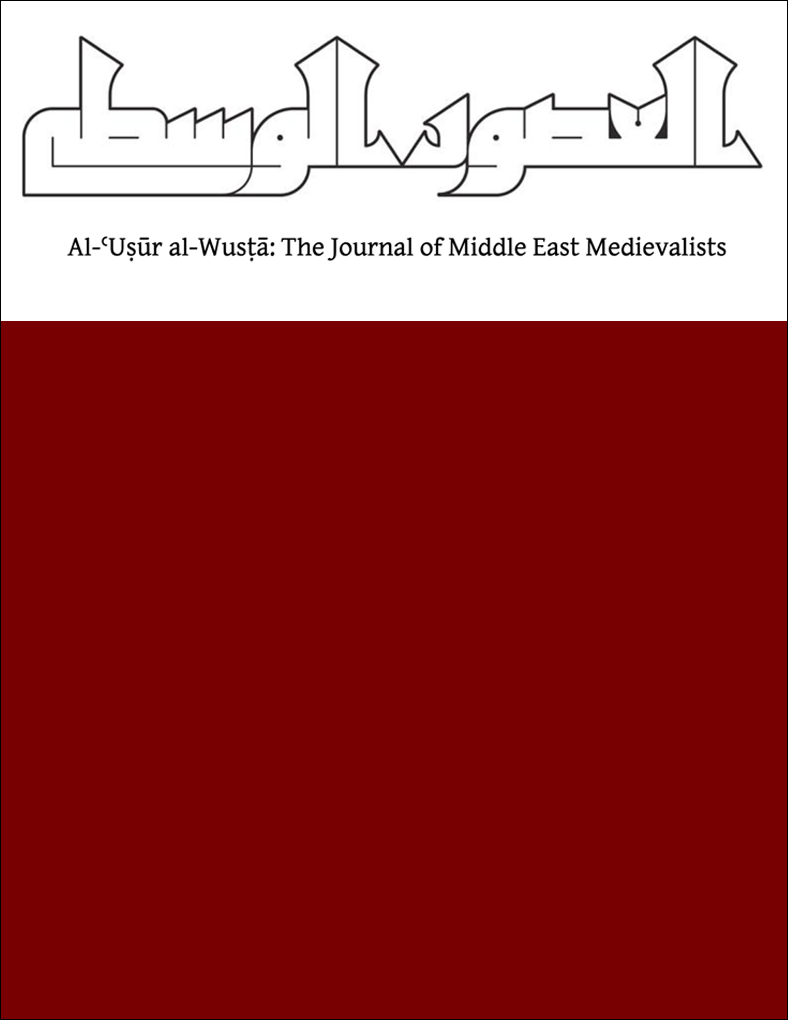Abstract
The execution of al-Ḥallāj (d. 309/922) and Ghulām Khalīl’s (d. 275/888) inquisition (miḥna) against the Sufis have loomed large in the historiography of Sufism. These events are often depicted as instances of anti-Sufi prosecution that fundamentally reshaped Sufism, causing later Sufis to align it more closely with “normative” Islam. While modern scholarship has recently challenged the influence and impact attributed to al-Ḥallāj's fate, this article expands this critical perspective to Ghulām Khalīl’s miḥna, details of which are provided across numerous sources. For the first time, these narratives will be critically examined highlighting problematic aspects that call into question its historicity. More importantly, however, this article looks to the way in which Sufis themselves engaged with and presented this miḥna in texts from the third/ninth century onward. Rather than being something to be answered for or contended with, Sufis offered these narratives as examples of tribulation (balāʾ) and connected them to a wide array of Sufi concepts, including altruism (īthār), forbearance (ṣabr), gratitude (shukr), and contentment with God (riḍā), among other interpretive frames. This article revisits a core element of the historiography of early Sufism and sheds light on the place of tribulation in the “universe of meaning” of early Sufis.

This work is licensed under a Creative Commons Attribution-NonCommercial-NoDerivatives 4.0 International License.
Copyright (c) 2024 Antonio Musto

